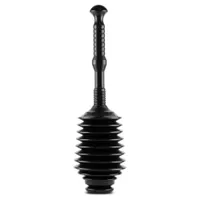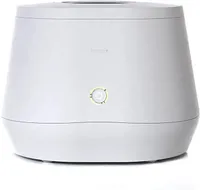13 things you should never put in a garbage disposal
Although useful, garbage disposals can't process everything. Here is what to avoid

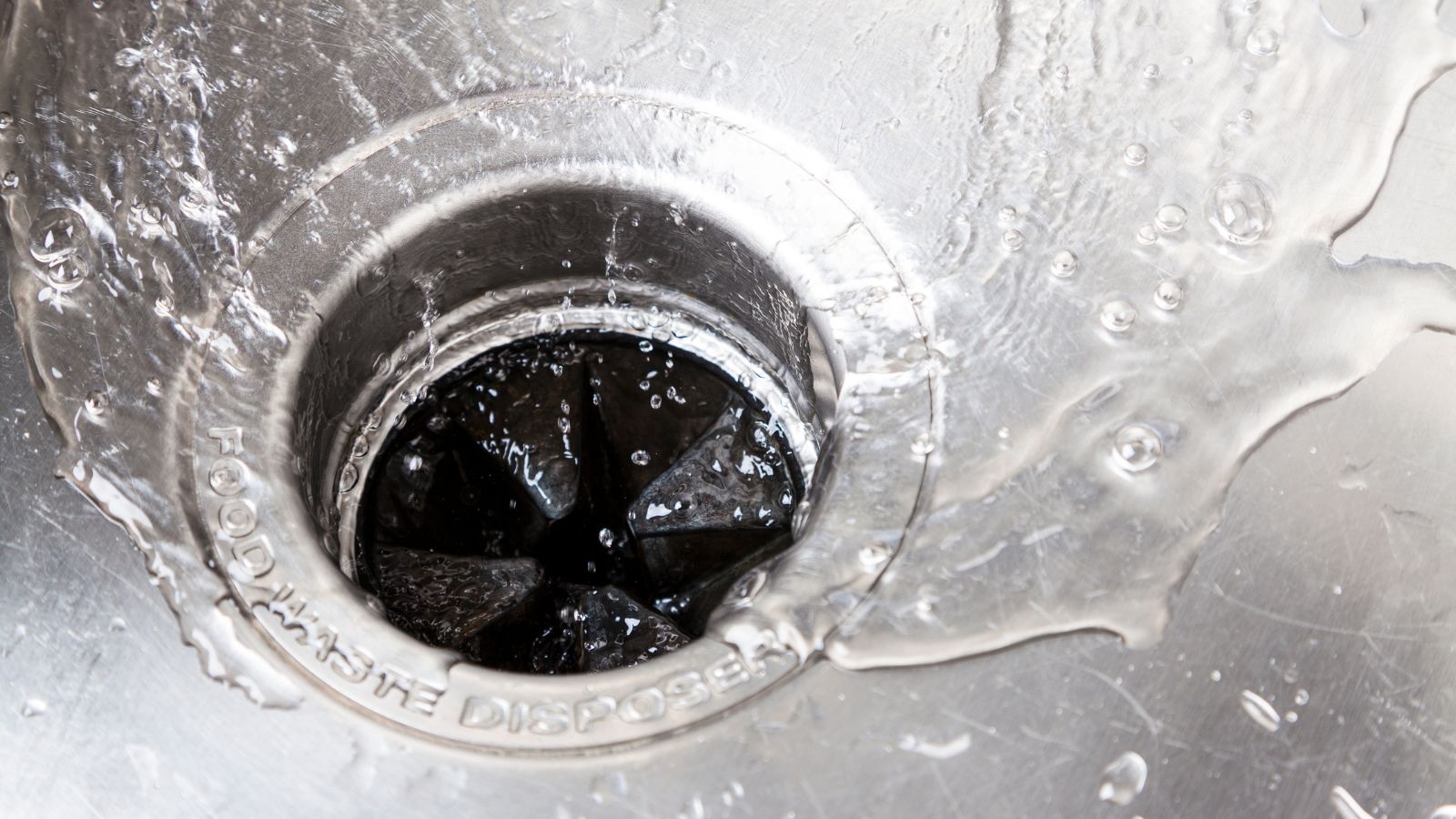
Design expertise in your inbox – from inspiring decorating ideas and beautiful celebrity homes to practical gardening advice and shopping round-ups.
You are now subscribed
Your newsletter sign-up was successful
Want to add more newsletters?

Twice a week
Homes&Gardens
The ultimate interior design resource from the world's leading experts - discover inspiring decorating ideas, color scheming know-how, garden inspiration and shopping expertise.

Once a week
In The Loop from Next In Design
Members of the Next in Design Circle will receive In the Loop, our weekly email filled with trade news, names to know and spotlight moments. Together we’re building a brighter design future.

Twice a week
Cucina
Whether you’re passionate about hosting exquisite dinners, experimenting with culinary trends, or perfecting your kitchen's design with timeless elegance and innovative functionality, this newsletter is here to inspire
Easily one of the most convenient additions to a modern kitchen, a garbage disposal can make a kitchen clean up 10 times faster. However, it is possible to put the wrong things down it and clog up the mechanism.
Unclogging a garbage disposal is no one's favorite home maintenance task, so learning what you can and cannot throw into yours is the first step in making sure your appliance continues to work as promised, with very few hiccups along the way.
Here, we have rounded up 13 things you should avoid putting in your garbage disposal to keep it running like new.
13 things you should never put in a garbage disposal
Not everything can go into a garbage disposal, though if you have mistakenly put something down there that shouldn't be, all is not, necessarily, lost.
'Even the most powerful disposal has limits to what it can handle,' says Steve Moore of North Carolina-based Moore Appliance Service. Steve goes on to advise using 'cold water when running your disposal. Hot water can cause fats to congeal more easily. Be sure to run the water for at least 15 seconds after turning off the disposal. This will ensure that food particles are flushed down the drain.'
Steve also advises cleaning the disposal 'every two weeks by processing a small amount of ice. The blades will cleanse themselves by slicing through the hard ice before it melts away.'
1. Leftover cooking fat and grease
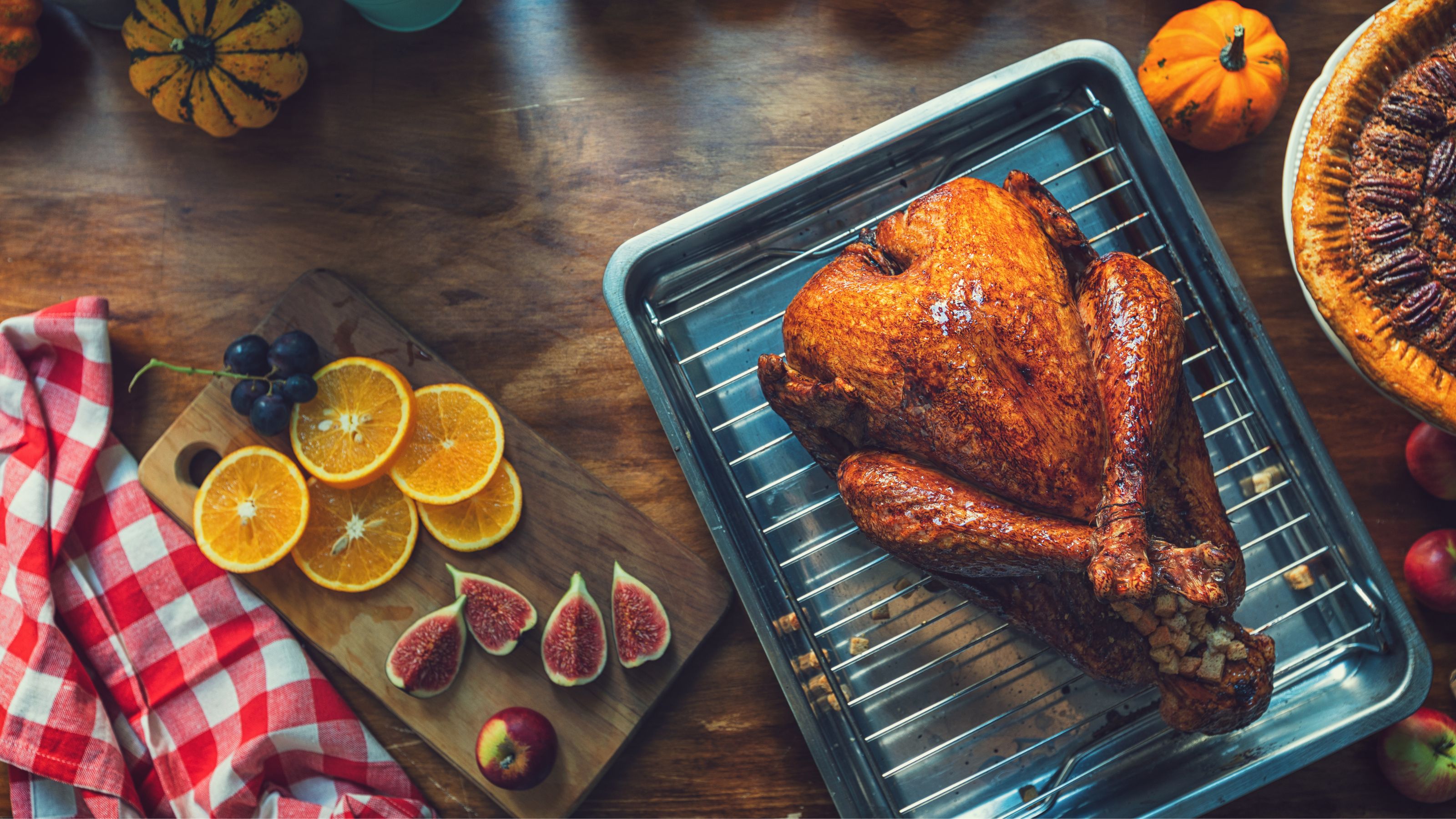
Cleaning grease and getting rid of cooking fat isn't easy, and unfortunately, it is not as simple as putting them down the garbage disposal either. Once cooled, fat and grease can clog up a garbage disposal, sometimes to the point of it needing professional maintenance.
Design expertise in your inbox – from inspiring decorating ideas and beautiful celebrity homes to practical gardening advice and shopping round-ups.
Rather than pouring it down the sink or garbage disposal, allow it to solidify before scraping it into the trash, or combine it with lard and suet to make fat balls for the birds in your yard.
Master Plunger MP100-3 – Was $16.92, now $15.50 at Amazon
If your waste disposal does become clogged, turning it off and using a plunger to shift the blockage is the best start to get things moving again.
2. Coffee grounds
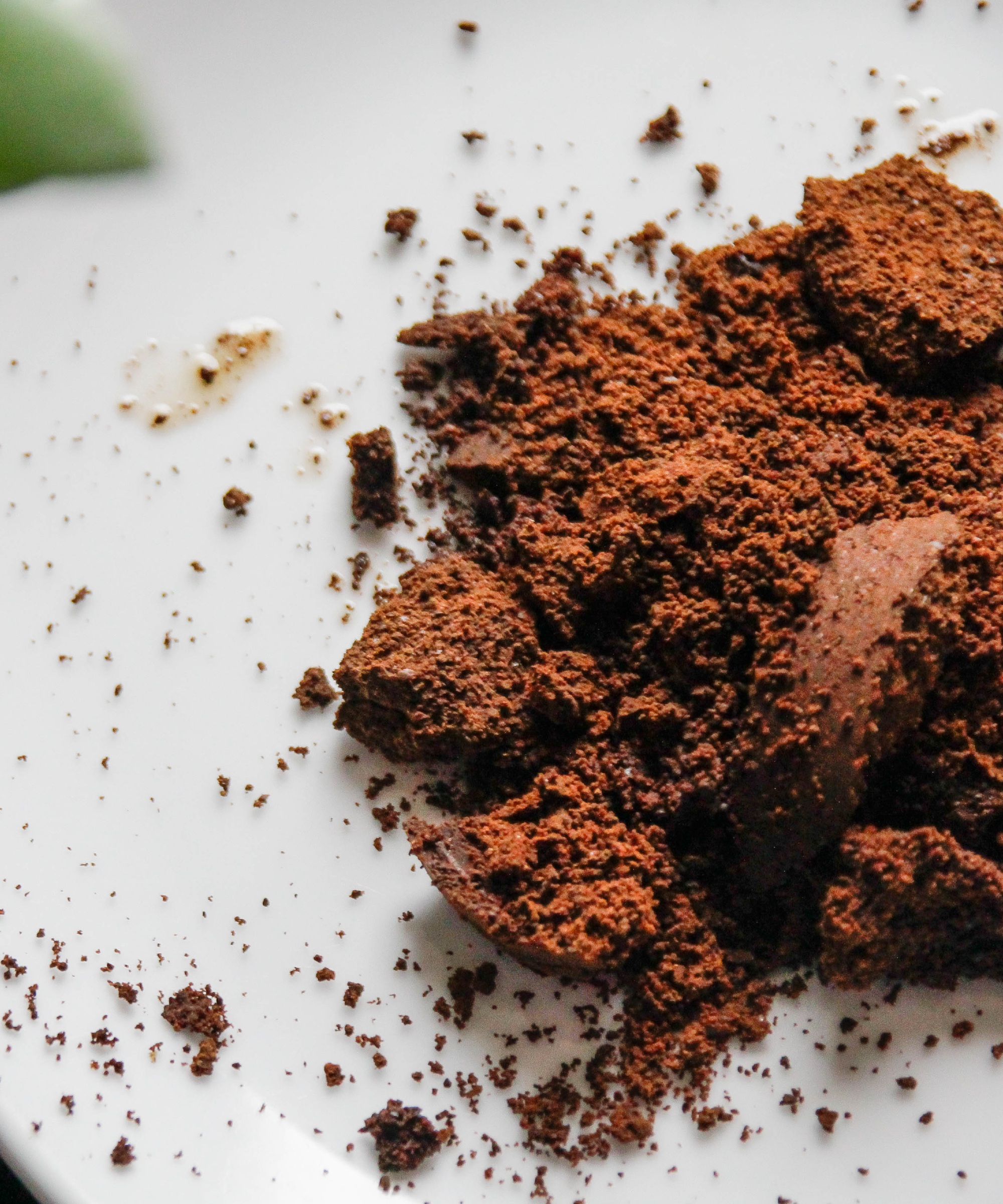
Coffee grounds can cause some serious damage to your garbage disposal system. Grounds can form a thick paste when wet or ground for too long, causing blockages in garbage disposal units.
Instead, consider using coffee grounds for plants as a high-nitrogen fertilizer, or as a deterrent in a vegetable garden against slugs and snails.
3. Dry expandable foods such as pasta and rice
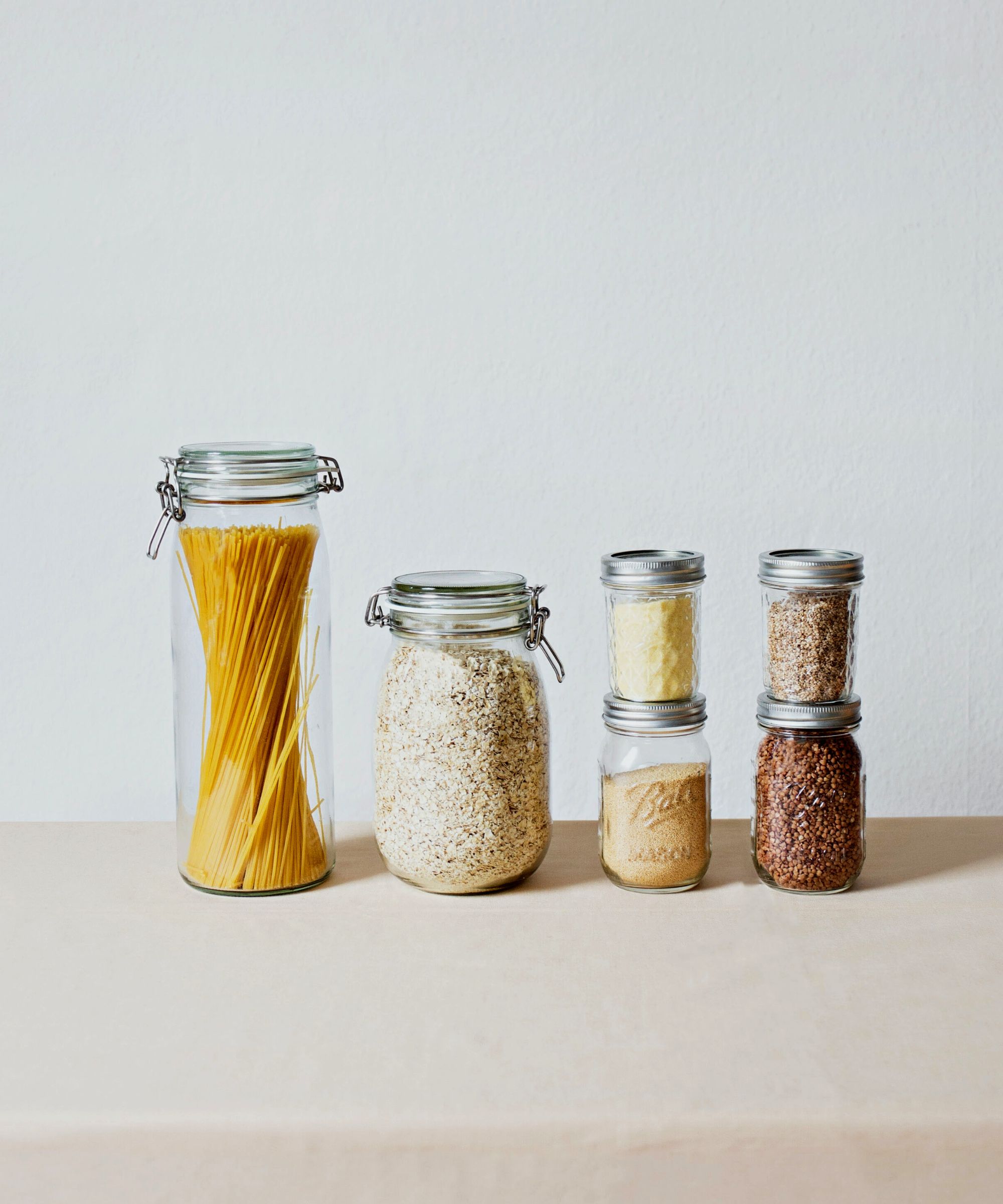
Although dried goods like pasta, oats, and rice may break down easily in a garbage disposal, they are prone to expanding once wet. With liquid getting into your disposal most days, these small, unsuspecting grains can rapidly build up, expand, and cause a foul-smelling blockage.
Of course, they will be okay in small quantities, such as a few leftovers from dinner, but fuller portions should be scrapped into your trash can first.
4. Stickers from produce
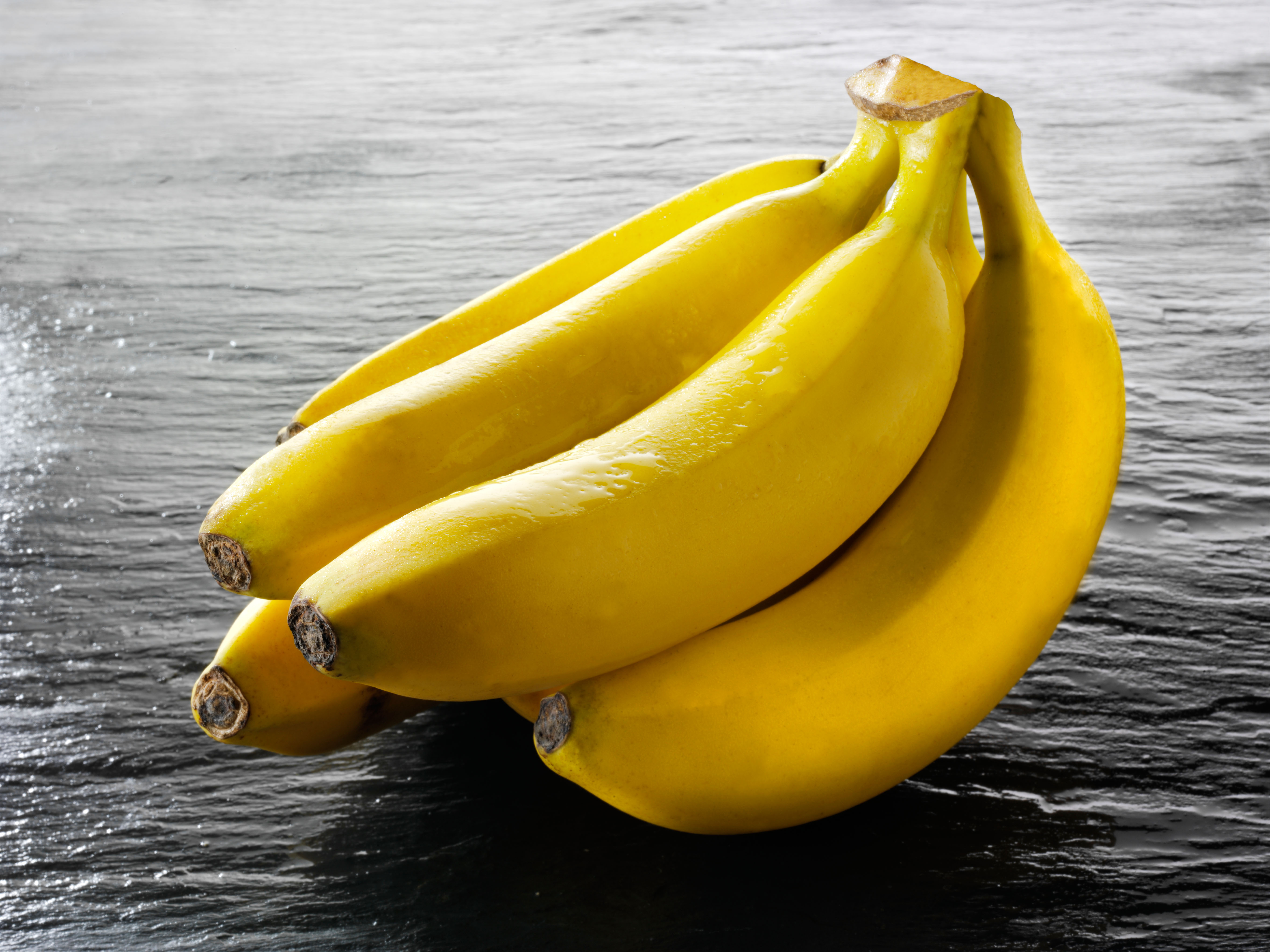
Although many forms of soft fruits and vegetables can be disposed of in a garbage disposal, the small produce stickers on the peels cannot. These small labels are often non-biodegradable meaning they will not break down.
Often, they are non-recyclable too, so the only solution is to throw them into your general household waste, making sure to put the peels themselves into compost.
5. Fibrous or stringy fruits and veggies – like asparagus or celery
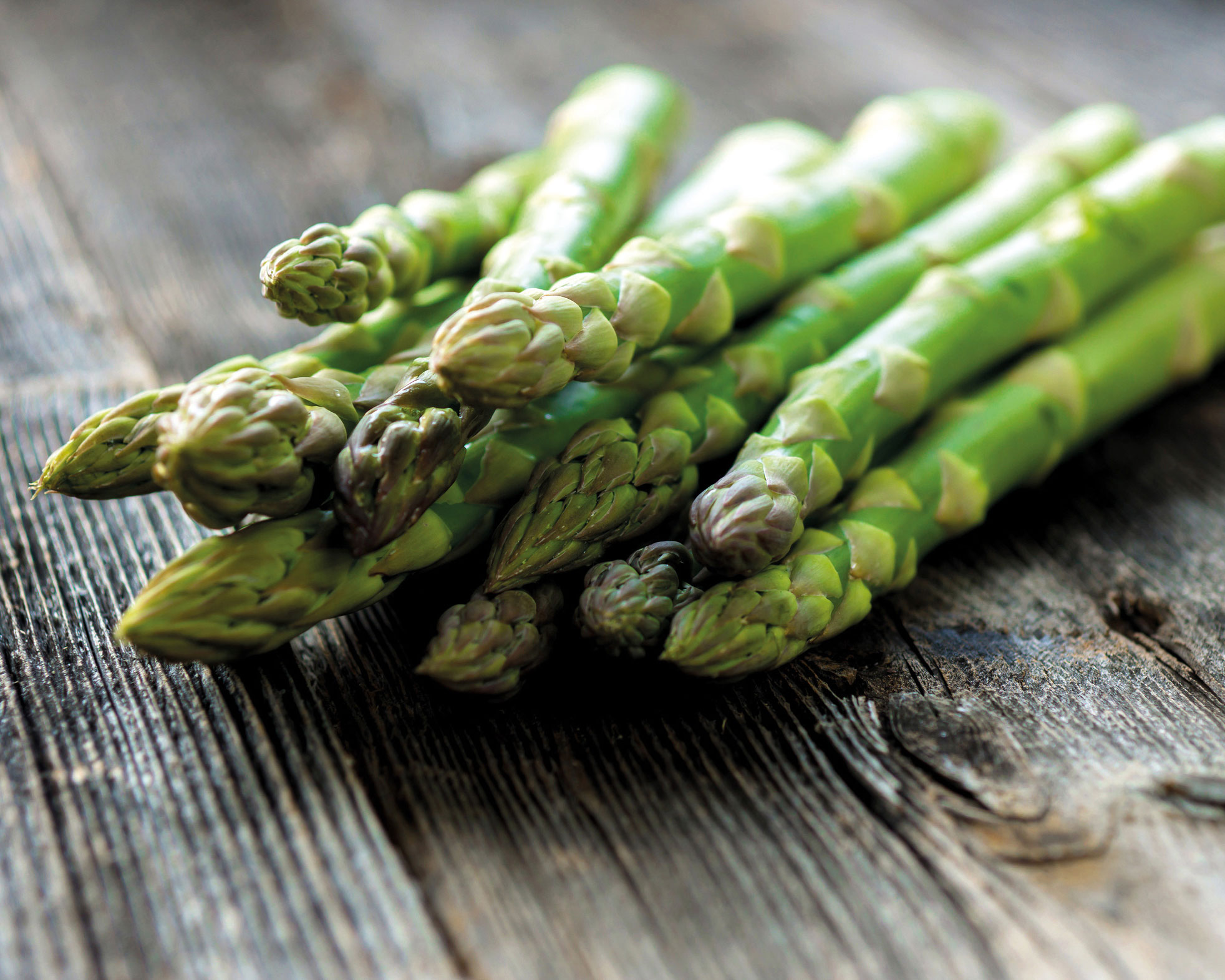
Particularly stringy or fibrous foods such as asparagus, rhubarb, and celery can be had for our teeth to pull apart, and are just as difficult for a garbage disposal to take care of too.
The long fibers of these vegetables usually end up tangled around the components of a waste disposal and are almost impossible to remove when cleaning a garbage disposal. Throw these leftovers onto a compost heap or even into a countertop compost bin whenever possible.
Lomi: The Smart Waste Kitchen Composter – $499.99 at Amazon
Lomi is a countertop kitchen composter that breaks down organic waste such as food scraps to be used as either soil, mixed with existing compost, or tossed into your green bin with other compostable materials.
6. Eggshells
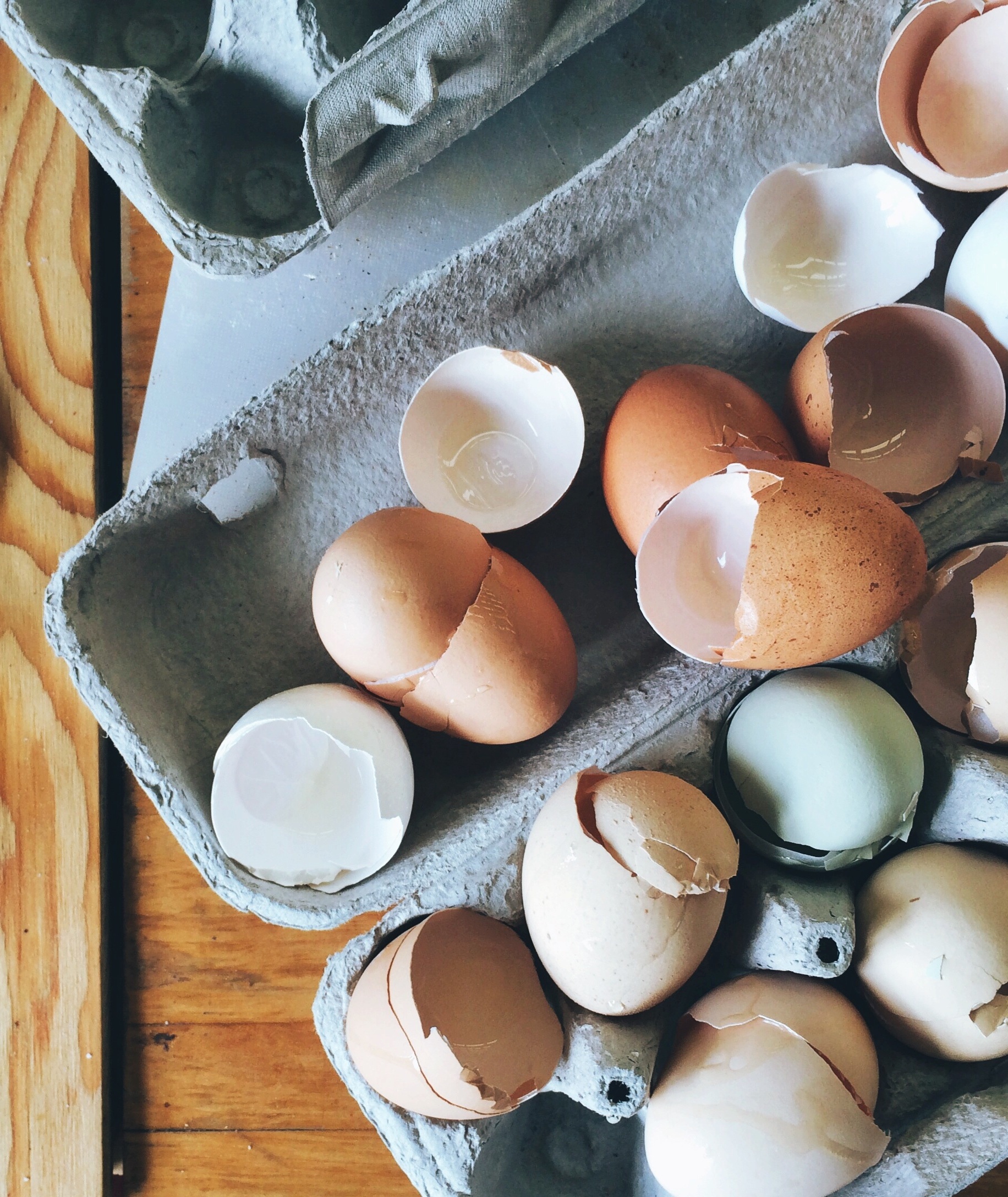
Although thought to help 'sharpen' a garbage disposal, the membrane on the inside of an egg shell can easily wrap itself around the mechanism and be just as impossible to remove as fibrous fruits and vegetables.
Egg shells are easy to dispose of, however, as you can use eggs in the garden for a range of applications such as fertilizer and pest deterrent; and they are also fully compostable, making a great addition to any garden compost bin.
Looking to sharpen your garbage disposal? You might want to use ice to clean your garbage disposal and freshen up the blades instead.
7. Bones, even smaller fish bones
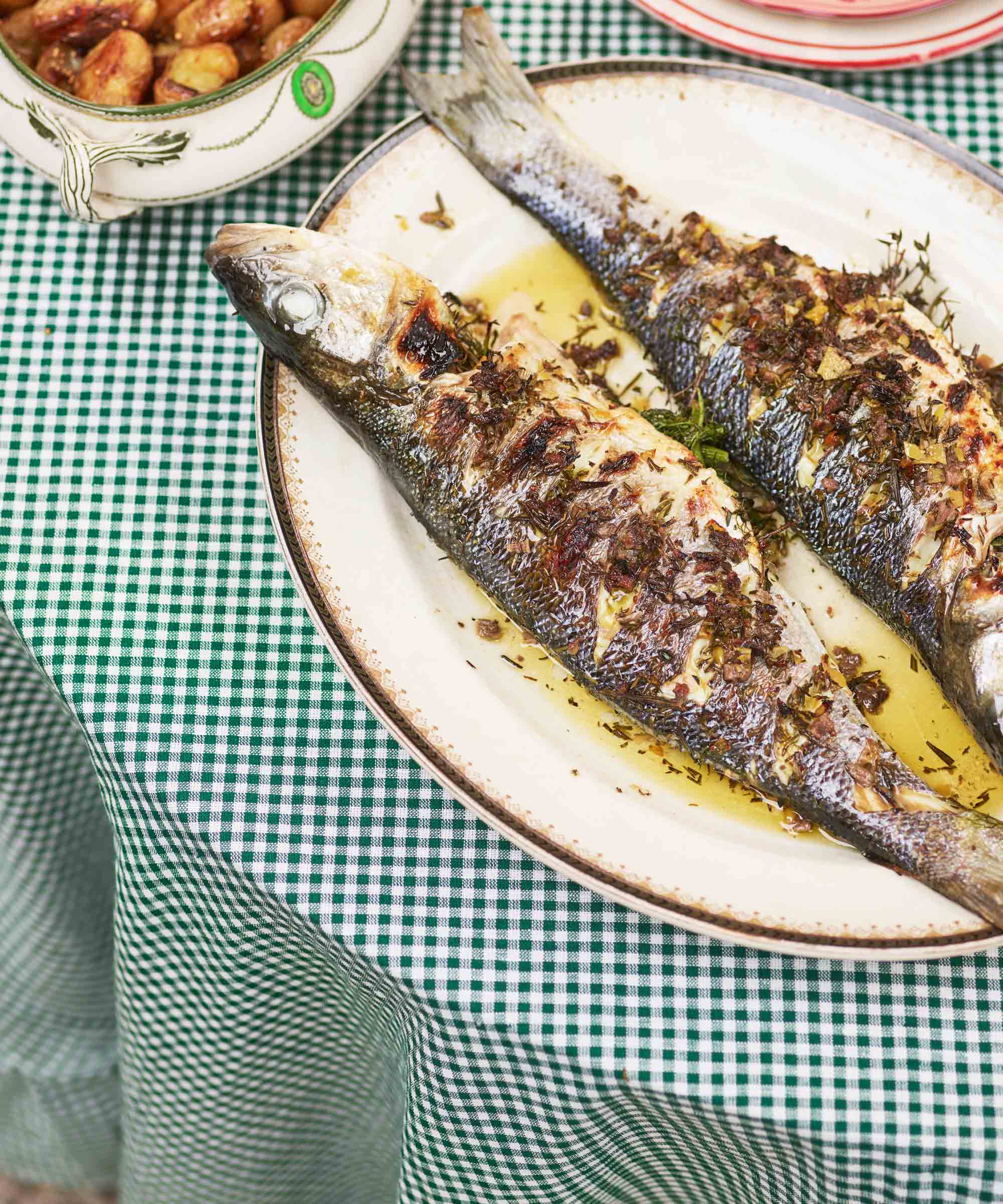
Bones are tough, and that should be of no surprise to anyone. It is to be expected, therefore, that bones from food can cause havoc in a garbage disposal system. All bones, no matter their size, should be thrown in the general trash.
While smaller bones are less likely to cause damage than larger ones, it is safer to avoid them all to keep your disposal in great shape.
8. Tough chicken skin or meat fat

Although soft, the skin and fatty rind from meats such as pork and chicken not only stick to the inside of garbage disposals but smell horrendous after a while, too, making them a poor addition to a disposal unit.
As with bones, all waste products such as skin and fat from meat should go into your household waste.
9. General household trash
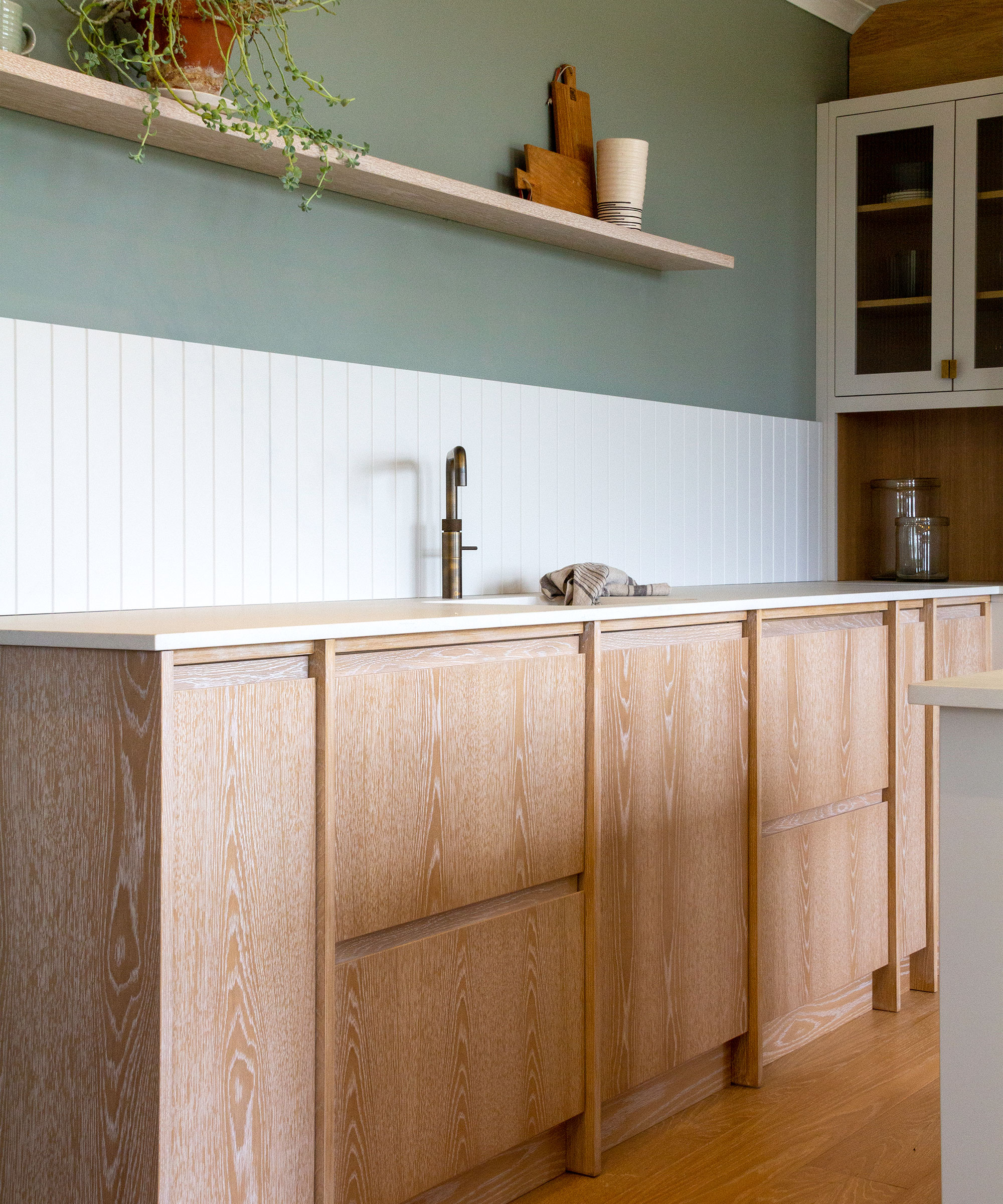
You would be surprised at how often repairmen are faced with a garbage disposal unit that has been clogged or broken by household junk. Even things that should never have been in a kitchen in the first place!
Things such as paper towels, wrappers, bags, and so on should always go into a general waste, with garbage disposals saved for soft fruits, vegetables, and liquids.
10. Vegetable peels such as onion and potato skins
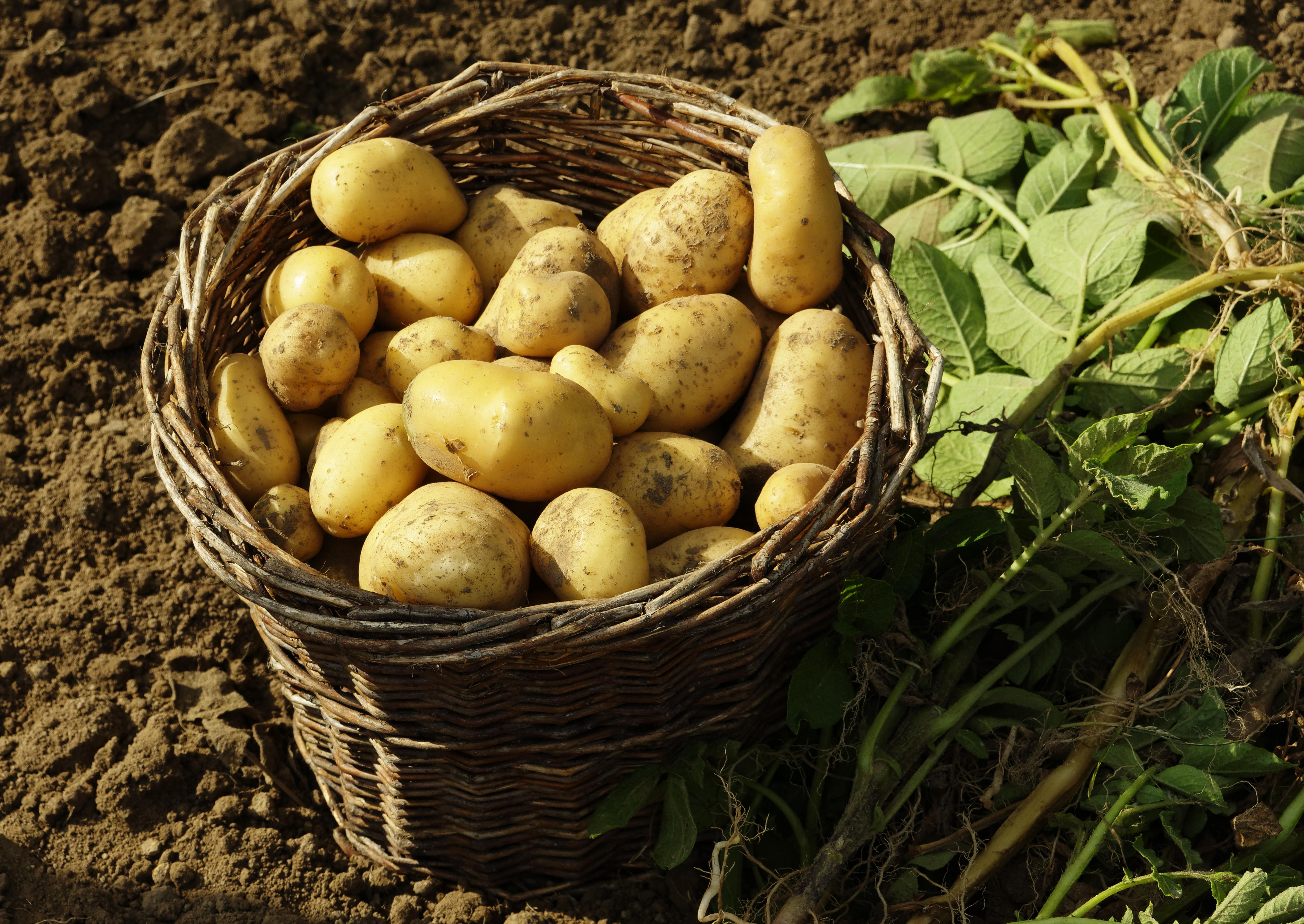
Thin vegetable peelings from onions, carrots, and potatoes are often small enough to slide between the disposal grinders, filling up the pipes and causing blockages that can be hard to get rid of.
As with any organic waste, peels are fully compostable. If you are looking for something more exciting to use potato peels for, however, then saving them for crispy stuffed potato skins, or even using them to make your own vegetable stock is a great, no-waste alternative.
11. Nuts and larger seeds
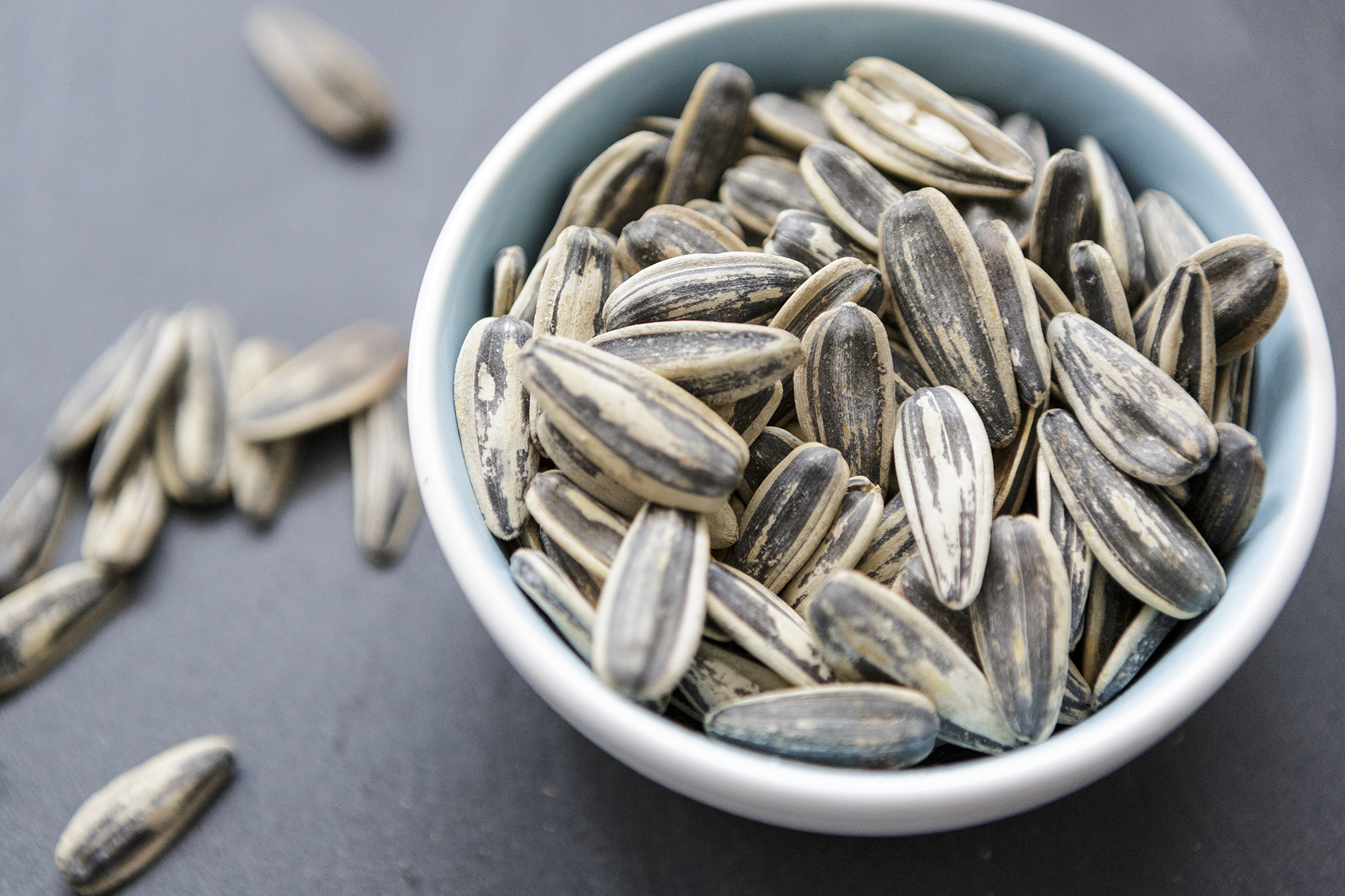
Nuts, seeds, and fruit pits are some of the most common causes of garbage disposal malfunctions, with their seriously tough exteriors breaking the grinding components with ease. If you want to avoid replacing your unit, add seeds, pits, and old nuts into compost, leave them outside for the birds, or throw them in your general trash.
A good rule of thumb to follow with waste disposals is to ask yourself 'can I cut this easily with a knife?' If not, then your garbage disposal likely won't be able to manage it either.
12. Harsh chemicals such as bleach
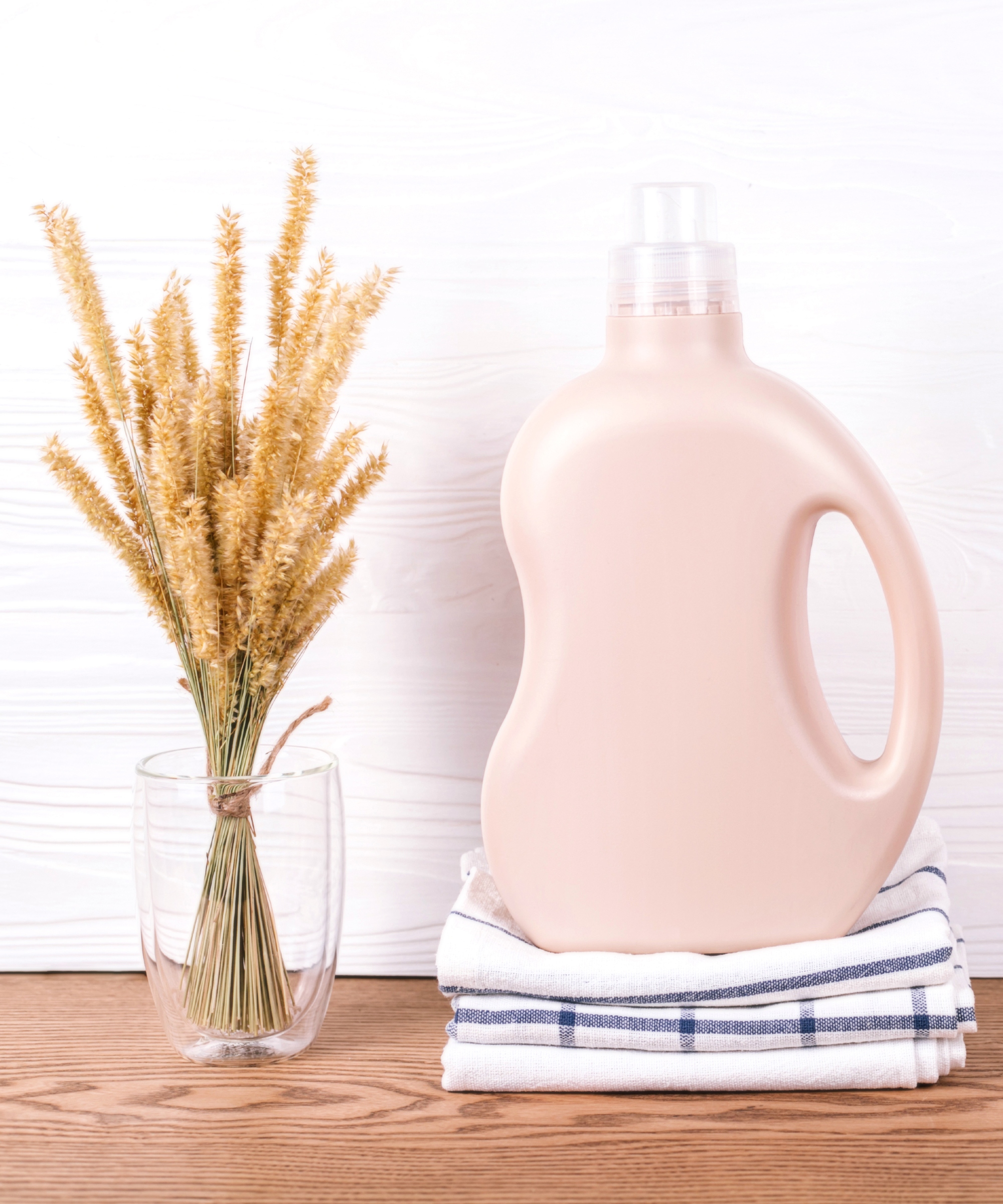
We usually turn to harsh chemicals such as bleach to unblock drains and clean our homes, but excessive amounts of these liquids can cause wear on your disposal and significantly shorten its lifespan.
We are not talking about your everyday dish soap here, of course, but things like bleach and commercial drain cleaners. To clean your waste disposal, consider using non-chemical methods such as ice cubes first.
13. Shells from seafood

Hard outer shells from seafood like oysters, lobster, shrimp, and crab are too dense to pass through a disposal unit, either damaging the grinders or creating immovable blockages rendering your disposal nearly useless.
Given the strong smells that come from waste such as this, dropping them into a small bag and getting rid of them in your external waste is the best course of action to save your garbage disposal and save your kitchen from acrid lingering smells.
What can you put in a garbage disposal?
While there are a lot of foods you should avoid putting in a garbage disposal, foods such as soft fruits and vegetables and non-hardening liquids can safely be put in a garbage disposal without damaging the machine or causing blockages – especially when the garbage disposal is cleaned correctly too.
How do I keep my garbage disposal healthy?
To keep a garbage disposal clean and in good condition, you should clean it out once a week. Making cleaning a garbage disposal a part of your weekly kitchen cleaning routine will help to prevent blockages and keep the components in good condition so they are less likely to need replacing as quickly.

Chiana is Homes & Gardens’ kitchen appliances editor. With a lifelong passion for cooking and baking, she grew up experimenting in the kitchen every weekend with her baking-extraordinaire Mom, and has developed a great understanding of how tools and appliances can make or break your ideal relaxing kitchen routine.
